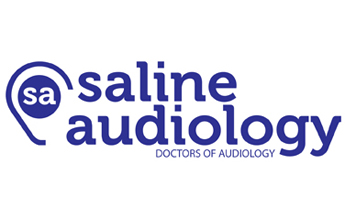How To Protect Your Hearing
- If you work in an at-risk occupation, check with your employer to make sure that your jobsite has an effective program to adequately protect your hearing, meeting federal or state regulations.
- Wear hearing protection, such as earplugs or earmuffs, consistently when using loud equipment at work or at home. Foam earplugs are available at your pharmacy, earmuffs can be purchased at sporting goods or safety equipment stores, and specialized hearing protection is available from hearing clinics.
- Limit exposure to noisy activities at home. Monitor your listening level and how long you are listening to personal listening devices (like MP3 players, such as iPods). Encourage your children to use their headphones conservatively. Consider investing in higher quality earphones that block out background noise, to help you moderate your listening levels in noisier places. Note: being able to overhear your child’s headphones is not a good way to tell if they are listening too loud! If you can hear it, their music might be too loud, but just because you can’t hear it, that doesn’t mean the levels are ok.
- Buy quieter products (compare dB ratings and ask for low-noise products).
- Keep an “eye” on your hearing – see a hearing health professional routinely for hearing testing, or if offered through your employer, ensure you know your hearing test results and track it year-to-year.
AN OUNCE OF PREVENTION
Be alert to risks of hazardous noise in your life. Since prevention of hearing loss is so critical, make sure that your family (especially children), friends, and colleagues are aware of the hazards of noise and how they can protect themselves. Remember: One-third of permanent hearing loss is preventable with proper hearing loss prevention strategies.
PROTECT THE HEARING THAT YOU HAVE NOW!
Leave a reply
